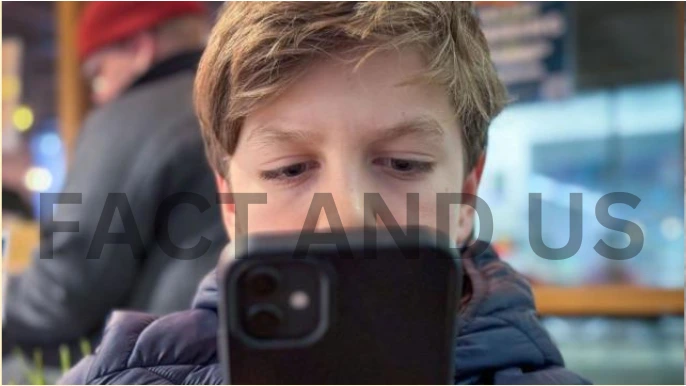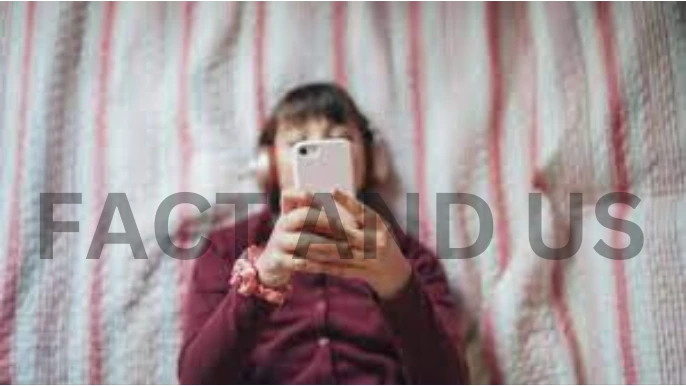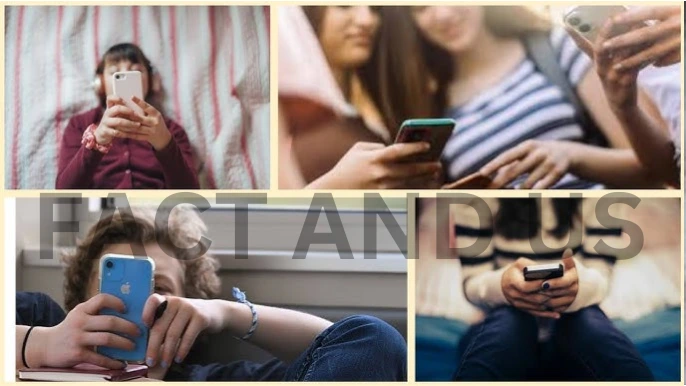More than a dozen states have sued TikTok, saying that it is helping to fuel a mental health crisis among teenagers.

TikTok Sued for ‘Wreaking Havoc’
A bipartisan group of 14 attorneys general from across the country allege the company uses addictive features to hook children on to the app and that it has deliberately misled the public about the safety of prolonged use. TikTok called the lawsuit “disappointing” and said it believed many of the claims were “inaccurate and misleading”.
The platform is already fighting a law passed by Congress in April that would ban it from the US, unless Chinese parent company Bytedance agreed to a sale. “TikTok knows that compulsive use of and other harmful effects of its platform are wreaking havoc on the mental health of millions of American children and teenagers,” said the lawsuit filed in New York on Tuesday.
“Despite such documented knowledge, TikTok continues to misrepresent its platform as ‘safe’ [and] ‘appropriate for children and teenagers’.”


The lawsuit, filed by parents and mental health advocates, claims that TikTok is structured in such a way that harmful content is constantly fed to teens, making it impossible for them to quit it. It charges that self-esteem issues, body image problems, and increased social anxiety levels among its young users are being fuelled by the firm’s endless scrolling and excessive presentations of negative or unrealistic content.
The parents involved in the lawsuit claim their children have severe mental health issues due to the amount of time they spend on TikTok. They argue that the company is prioritizing its profit-making over the welfare of its users, especially the vulnerable teens who are most susceptible to the psychological effects of social media.

Another concern of the lawsuit relates to the lack of control by parents and how trends/challenges get easily exposed to young users on the platform. The complaint further alleges that TikTok is not doing enough to protect young people against the ill effects of excessive use of social media while there is enough evidence about its impact on mental health.
TikTok, owned by the Chinese tech company Byte Dance, faced scrutiny previously for similar concerns but has since improved the app by adopting features such as screen time management and content warnings; however, the court claims that such measures aren’t enough and there’s a greater need to cater to young viewers’ protection.

Mental health professionals have lately raised concerns over what the proliferation of social media is doing to young people, and some particularly refer to TikTok’s extremely engaging-if-not-predictable content as one reason why teen angst and depression are on the rise. The ruling of this lawsuit may fuel further questions about the responsibility of these companies that create social media to protect their young users’ mental health.
While TikTok has not yet responded to the lawsuit, the case could bring more scrutiny to the platform’s role in shaping the mental health landscape for teens and force the compan
stay connected with fact and us for more such news.
